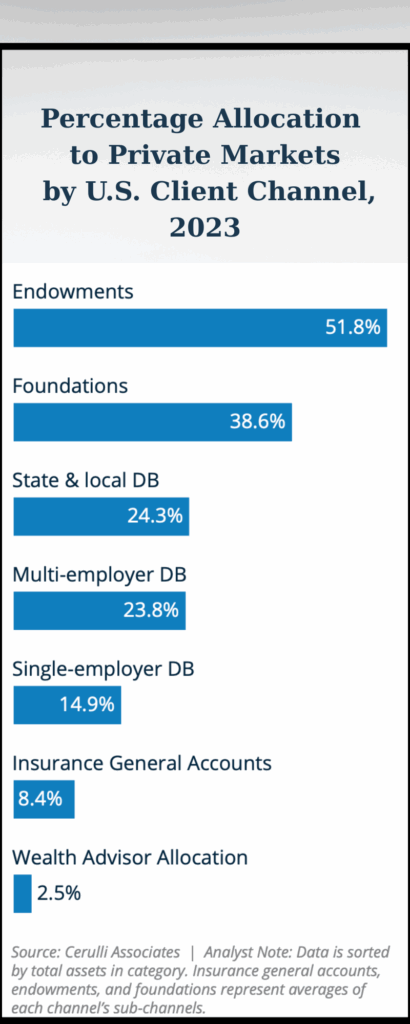Already a subscriber? Log in here
This article is FREE for you...
Create a free account to access this article and get more Retirement Income Journal information sent to you by newsletter.By submitting your email address you agree for Retirement Income Journal to send you communication by email

